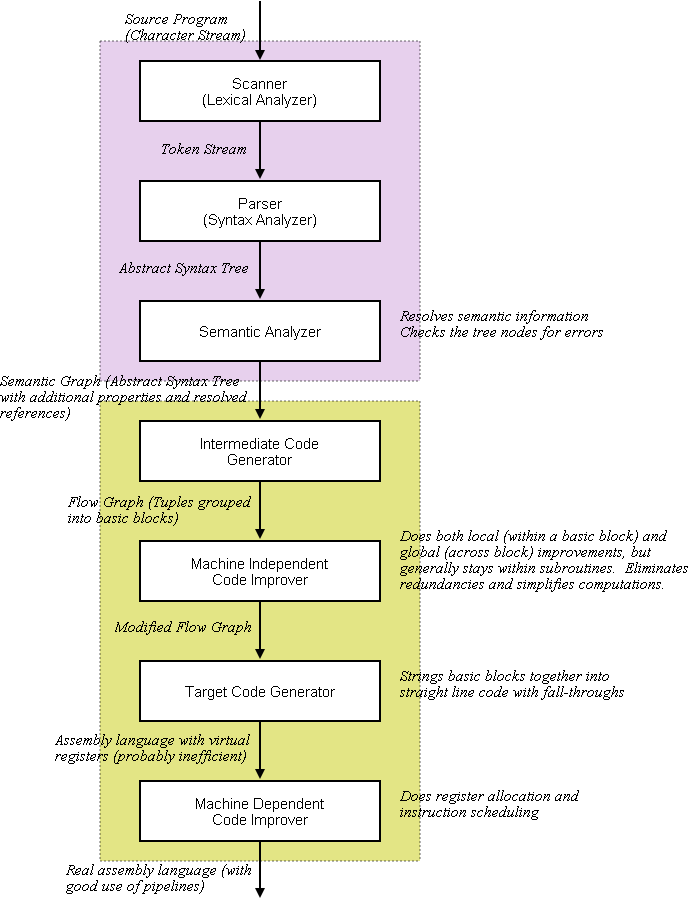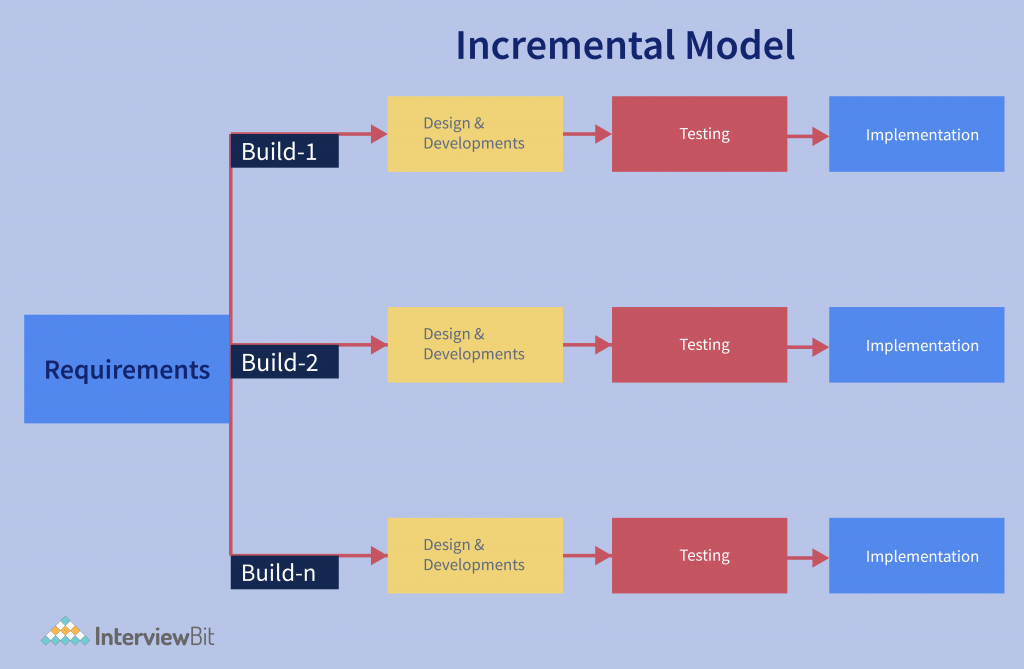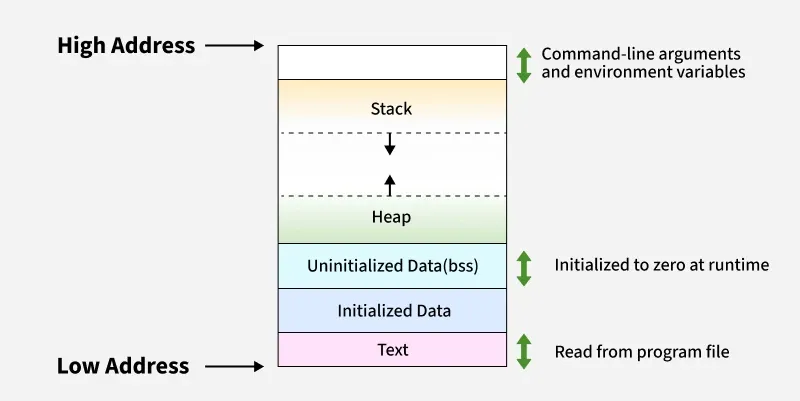Recent Zig versions switched to self-hosted backends for debug builds and holy shit, it's fast. Hello World went from ~30 seconds to ~6 seconds on my ThinkPad - makes development actually tolerable instead of waiting around for every tiny change.
The real win though? Everything's built-in. I used to spend 20 minutes setting up cross-compilation toolchains for each new project. Download Visual Studio Build Tools (3GB), configure paths, hunt for the right MinGW version that doesn't segfault on your specific Windows target.
Now it's just zig build -Dtarget=x86_64-windows and you're done. No downloads, no PATH variables, no "works on my machine" bullshit. The Zig compiler ships with everything you need.
No External Dependencies
CMake needs Python. Make needs a dozen shell utilities. Cargo still shells out to system linkers. Every build system has some dependency that breaks in CI or doesn't exist on someone's machine.
I've lost count of how many times a build broke because someone was missing pkg-config or had the wrong version of autotools. Zig just ships everything. The whole toolchain is one binary.
ARM Backend Is Even Faster
The ARM backend feels faster on my M1 Mac - rough timing with time zig build shows maybe 20-30% improvement over the same codebase on my x86 desktop. Hard to say exactly because it depends on what you're building.
ARM backend does more work in parallel threads instead of dumping everything on the linker. Most of the speedup comes from better parallelization, not magic ARM optimizations. If you're on an ARM machine, you'll definitely notice the difference.
Parallel Codegen Actually Works


LLVM compiles everything single-threaded because it has shared state everywhere. You can throw a 32-core machine at it and watch one core peg at 100% while the others sit idle.
Zig's self-hosted backends finally parallelize properly:
- One thread does semantic analysis
- N threads generate code in parallel
- One thread handles linking
The bottleneck used to be x86 instruction selection - so many weird instruction variants to pick from. Now that runs across all your cores instead of choking on one thread.
On my 8-core machine, I went from watching 7 cores do nothing to actually seeing all cores busy during builds.
Content-Based Caching That Doesn't Suck

Make's timestamp caching is the worst. I once spent 2 hours debugging why a clean checkout was doing full rebuilds. Turns out the build server's clock was 30 seconds behind the file timestamps from git checkout.
Touch a single file without changing anything? Make rebuilds the entire project. Mount your source in Docker? Random failures because container timestamps don't match host timestamps.
Zig uses content hashes instead of timestamps:
- Touch a file with no changes: no rebuild
- Revert a change: instant build from cache
- Multiple projects share cached artifacts automatically
Cache lives in ~/.cache/zig and tracks imports properly. Change one parser function? Only modules that import it rebuild. Not the whole damn project.
The Catch: Runtime Performance Takes a Hit
Here's the tradeoff nobody tells you about upfront. Self-hosted backend compiles way faster but your program runs like absolute garbage.
I was working on something performance-sensitive and switched to debug builds with the self-hosted backend. Went from smooth performance to slideshow speeds. Totally unusable for anything that needs to run fast.
Debug performance is consistently terrible with self-hosted. For most CLI tools it doesn't matter, but anything performance-sensitive becomes unusable. Games, real-time stuff, anything with tight loops - forget about it.
The rule: use self-hosted for development iteration where you're rebuilding constantly. Use LLVM (-fllvm) for production or when you actually need to test performance.
It's compilation speed vs runtime performance. Pick your poison.
Available Right Now
All this ships in recent Zig versions. The self-hosted backends still have some gaps compared to LLVM, but they're closing fast. Most stuff just works.
If you're sick of waiting 30 seconds for a debug build to test one line change, or you've wasted another hour setting up cross-compilation, try Zig. The build speed alone is worth it for development workflows where you're constantly rebuilding.



